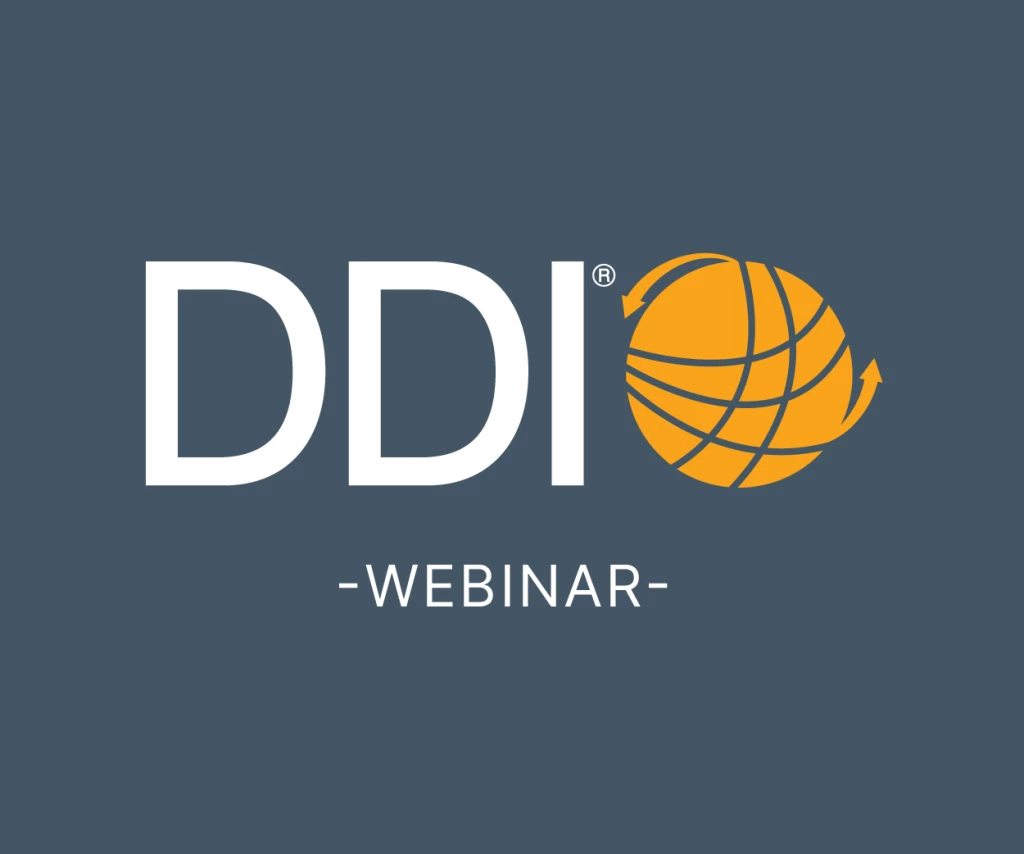How To Build Credibility Quickly
Add bookmark
Trust Is Key
Building credibility is the first step toward influencing others. In a professional environment, it is crucial to build credibility amongst your peers because establishing credibility leads to building trust. Countless studies show trust is one of the most important pillars of a highly functional team and corporate culture. Trust in the workplace is essential because it enables people to work effectively together to meet common goals.ff
In fact, according to recent findings from a Harvard study on the neurological connection between trust, leadership, and organizational performance, trust is a bigger factor than any of us could have guessed. Additionally, employees who felt trusted at work were 50% more productive and 13% took fewer sick days. A majority (76%) felt more engaged and displayed less stress and burnout than those whose companies were considered low-trust.
How does one build credibility in a fast-paced work environment? Often, we lose out on the moments to build credibility with missed opportunities and poor first impressions. Here are a few tips that will accelerate your credibility learning and development. When done right with honesty, expertise, and intention, we can facilitate a stronger connection with others at work:
1. Genuine Curiosity
Authenticity comes down to being genuine and a good person. If a manager or colleague is genuine, you know what to expect and building trust is effortless. When you hear the term, “authentic leader” who comes to mind? What characteristics do they possess that make them authentic? It is most likely their soft skills, which include compassion, kindness, and understanding. Authentic leaders are not only charismatic but are genuinely curious. They ask good questions to get to the root of the issue. They gain the respect of others and earn their credibility by wanting to know more.
Maintaining the attitude that “trust is earned, not given” can also hinder you, especially if you withhold trust and then grant it to employees based on a set of predetermined standards. This creates a toxic environment where employees feel they must “win” your trust. Worse, refusing to be transparent about your scoring system means you cannot expect them to meet your demands.
Building trust is part of skills development, which is a main pillar of learning and development. Trust is putting connection, value, and reliability over self-interest. Consider trusting first. By trusting others first, you show your vulnerability and authenticity.
2. Reliability
One of the easiest ways to maintain credibility is to be reliable and consistent in the ways you communicate what is relevant to your team. Keep them updated on company changes that impact their work. It is important to be transparent about bigger picture items and how everyone’s work contributes to business, team, and employee goals. Your employees and teammates should understand the primary objective behind their efforts and how their work is a necessary component of the larger business.
Expressly define your values, teach your teammates how to support these values, and reference the company pillars to keep them in the forefront of their minds. Everyone should be aware of the financial health of the company, both for reassurance and to show that you trust them with vital information. The more the team knows about company trajectories, business plans, and etc., the better they can work with management to support these plans. Being fully informed gives them the chance to take advantage of opportunities and prepares them to overcome challenges that may arise.
3. Show Intention
Telling your coworkers or employees you care is one thing, but showing them you care goes further. Work with your teammates or employees on their goals. Our actions are often plotted by self-interest, but when we put what’s best for them over what’s best for us, it changes the dynamic. Help them prioritize their work by teaching them how to assess the value of specific tasks, determine how urgent they are, and estimate the effort required to complete them.
This way, employees organize their work in a useful order to maximize efficiency. Giving team members the tools they need to succeed and making sure these tools are easy to find, access, and use shows you care about them and their contributions.
You can also set realistic goals together. By setting aside time in your day to discuss implementing and measuring goals, you show you care about their progress and future on the team and in the company. Find a middle ground by listening to their concerns and setting realistic goals that challenge them to achieve without overworking them or causing them to lose trust in you, themselves, or the business.
Remember, building trust takes time and effort. It’s not going to happen overnight. But by communicating, showing you care, and being authentic, you will find you are one step closer to developing your soft skills and creating a relationship of mutual trust with your coworkers.





















